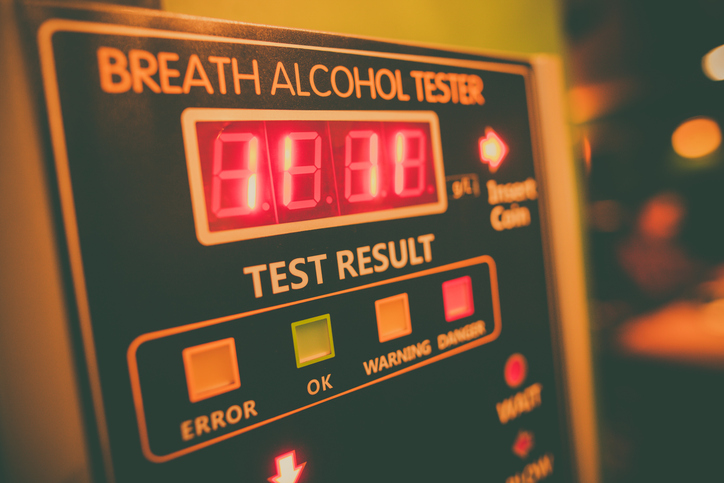
Chipping Away at Minnesota’s Test Refusal Statute, One Test At a Time.
Over the Christmas holiday the Minnesota Court of Appeals was hard at work overturning another part of Minnesota’s DWI laws. Earlier this year the Court of Appeals found that Minnesota’s test refusal statute was unconstitutional because individuals cannot be charged with a crime for refusing to submit to a blood draw after an arrest for DWI. Even though refusing a blood test can not lead to criminal charges, as of October 13, 2015, under
Minnesota’s DWI laws, an arresting officer could still have asked you to submit to a breath or urine test. If you refused one of those two tests, the State could then charge you with test refusal.
On December 28, 2015, the Minnesota Court of Appeals held in State v. Thompson that the State can no longer criminalize the refusal of a urine test either. The twelve page opinion analyzed the statute under the due process clauses of the United States and Minnesota Constitutions. First, the Court found that had Mr. Thompson submitted to a urine test, the test would have been an unconstitutional search for purposes of the Fourth Amendment. Because ‘[t]here are few activities in our society more personal or private than the passing of urine,” and providing a urine sample after arrest for DWI violates society’s expectations of privacy. As such, the state would have needed to obtain a warrant in order to obtain a urine sample from Mr. Thompson.
Since the State could not justify a warrantless search of Mr. Thompson’s urine, the court then went on to address whether Minnesota’s statute criminalizing test refusal survived a strict scrutiny analysis. In order for a law to be constitutional under this standard it must pass two hurdles – the state must show that the law serves a compelling government interest and that the law is narrowly tailored to serve that interest. In Thompson, the Court of Appeals determined that the while the state does have a compelling interest in keeping impaired drivers off its roads, making it a crime to refuse an unreasonable search is not narrowly tailored. The state has other options like prosecuting the case without a blood alcohol content test, asking for a breath test, or obtaining a warrant
So, as it stands, Minnesota cannot charge an individual arrested for DWIs with the additional crime of test refusal if the individual refuses to submit to a urine or blood test. However, the state can still charge individuals who refuse to provide a breath sample with the crime of test refusal.